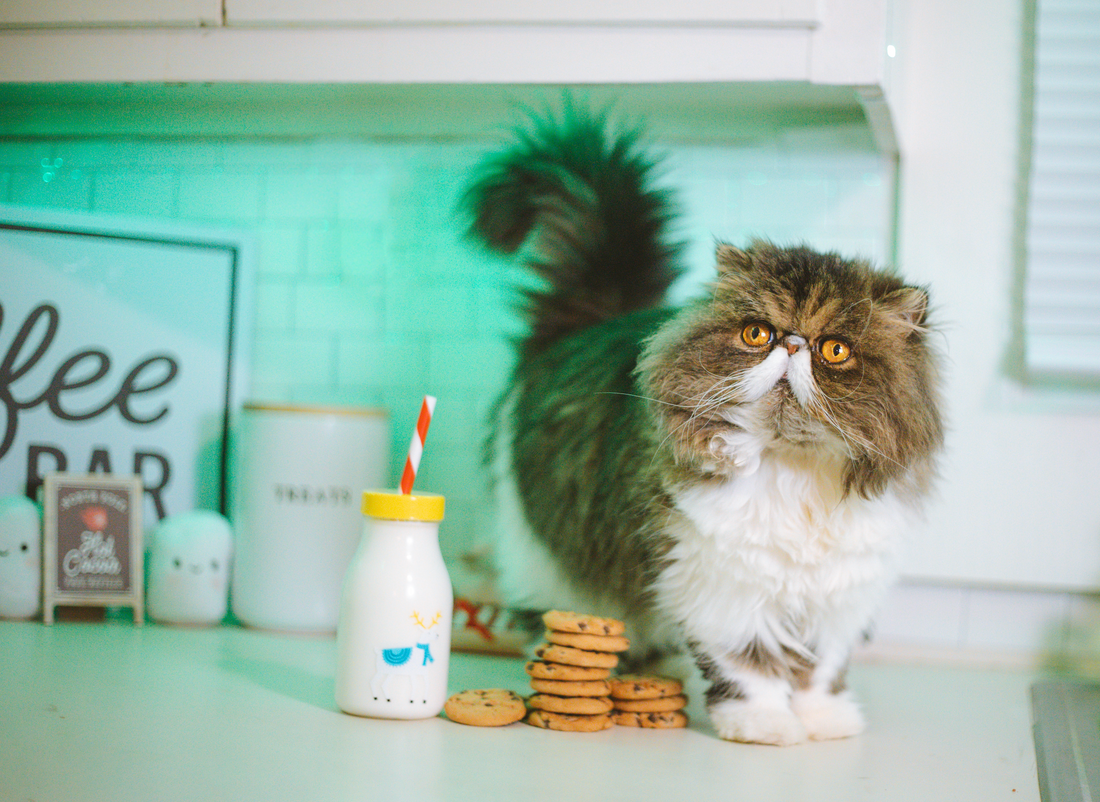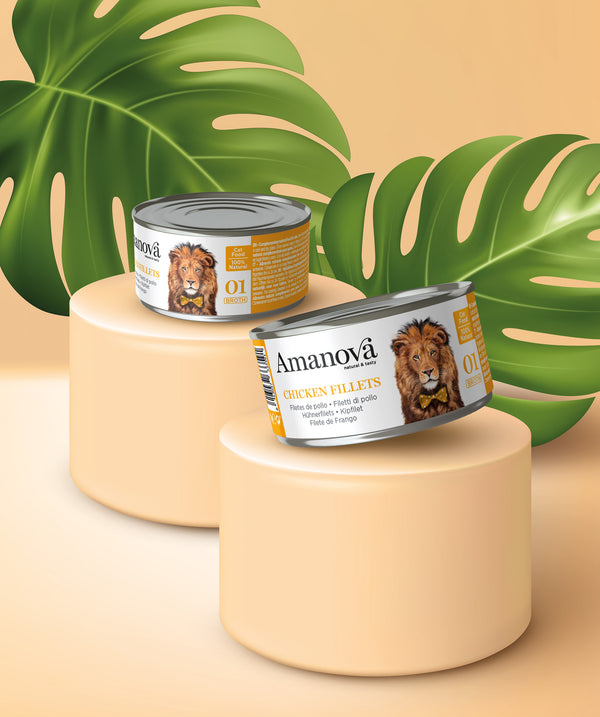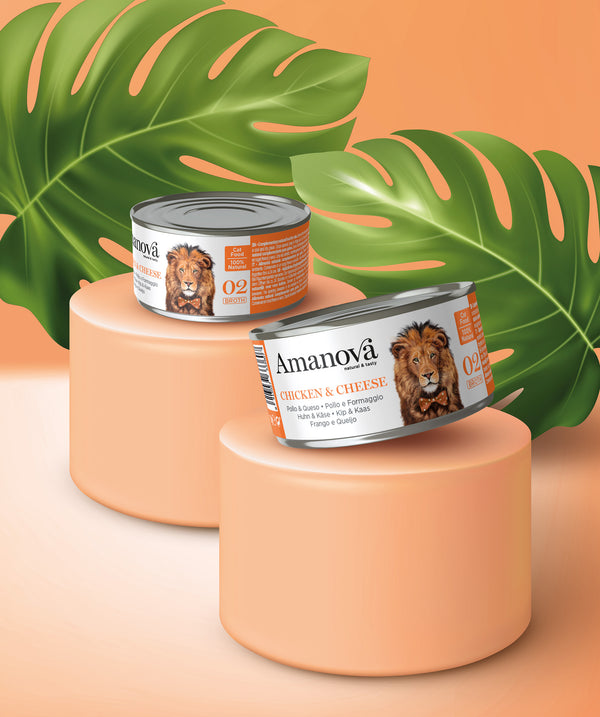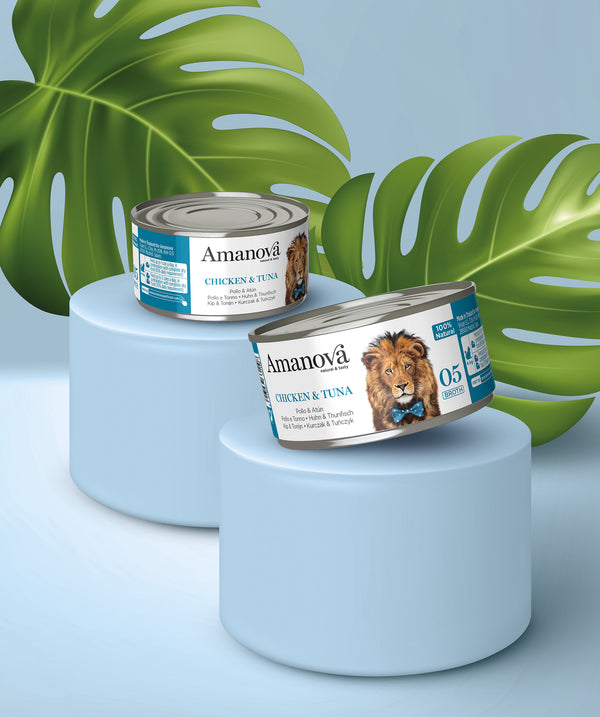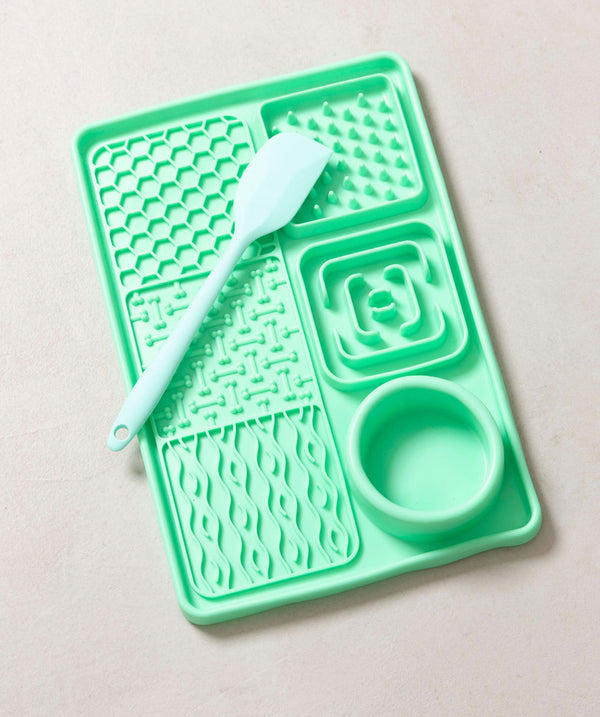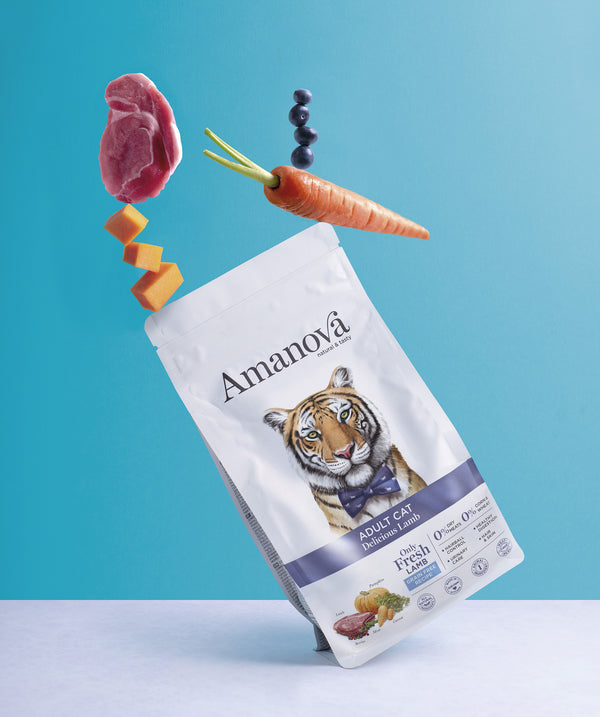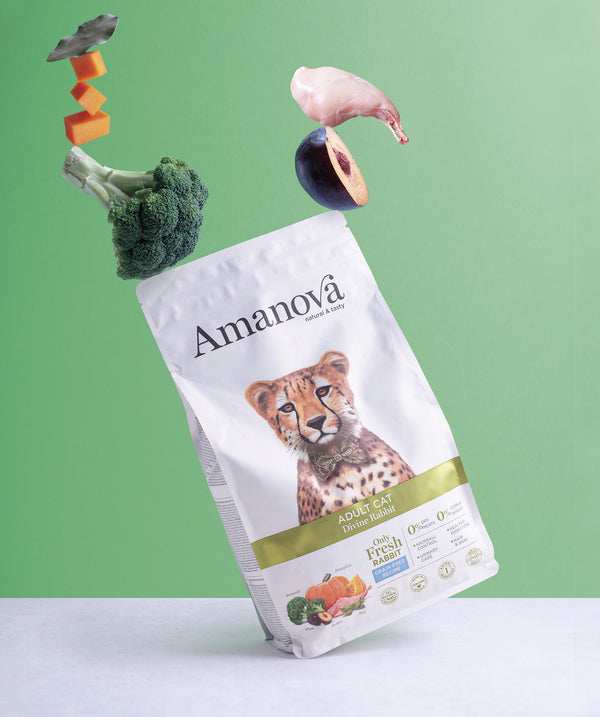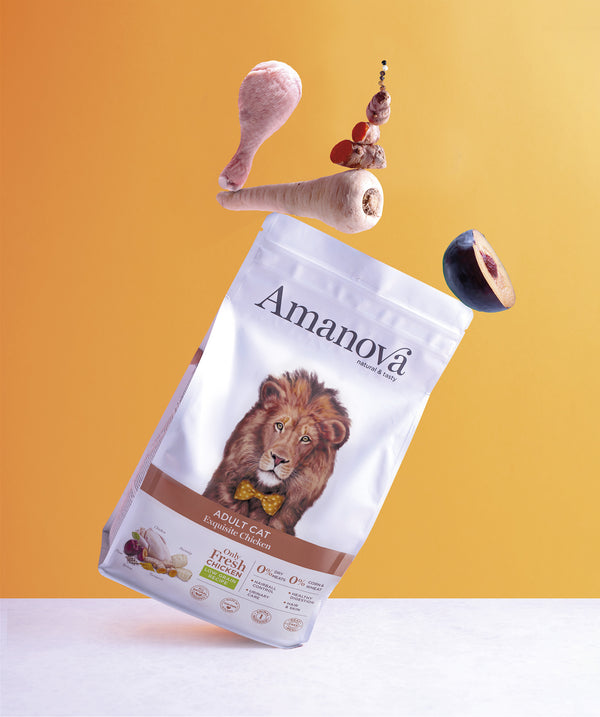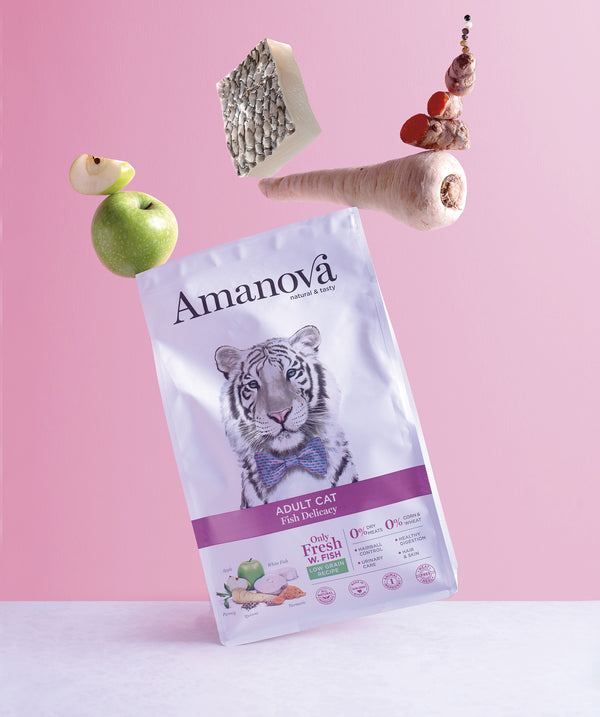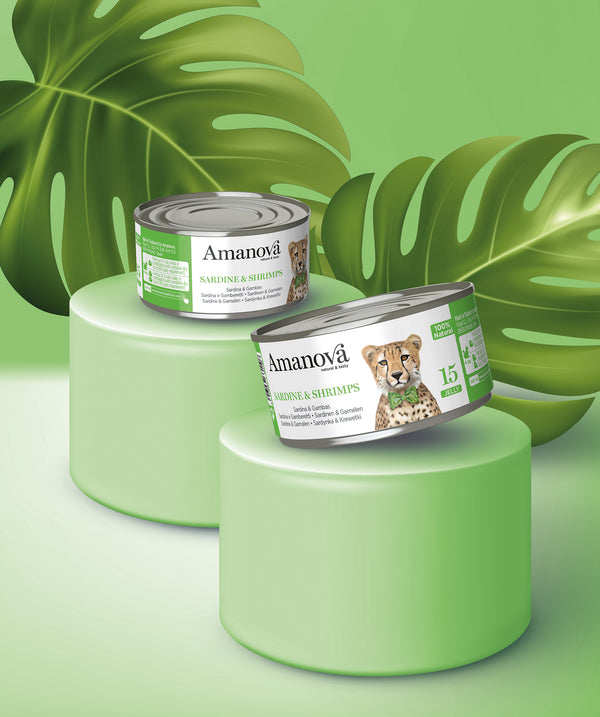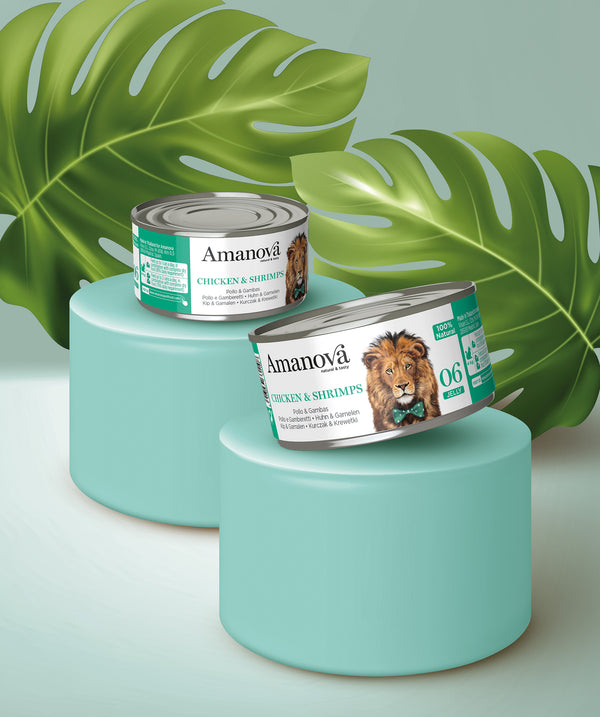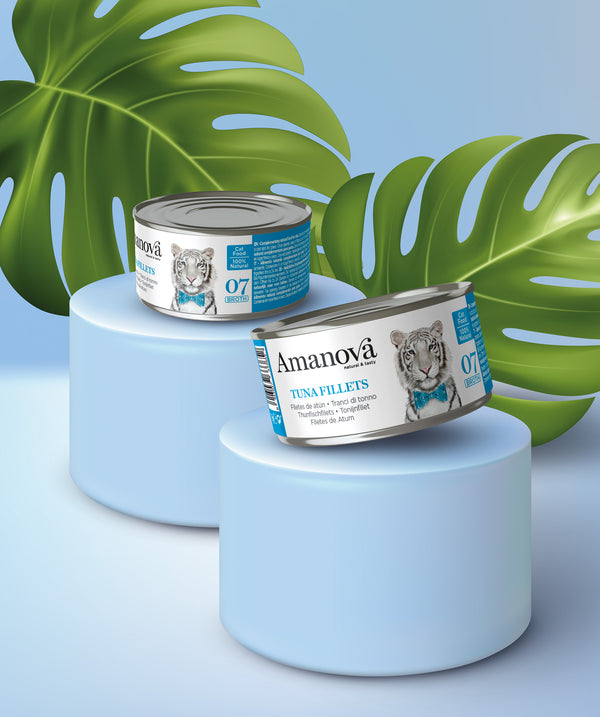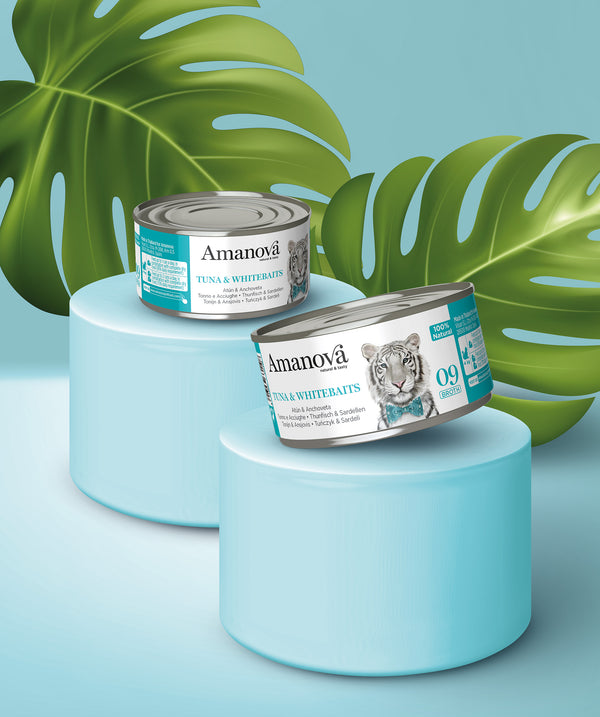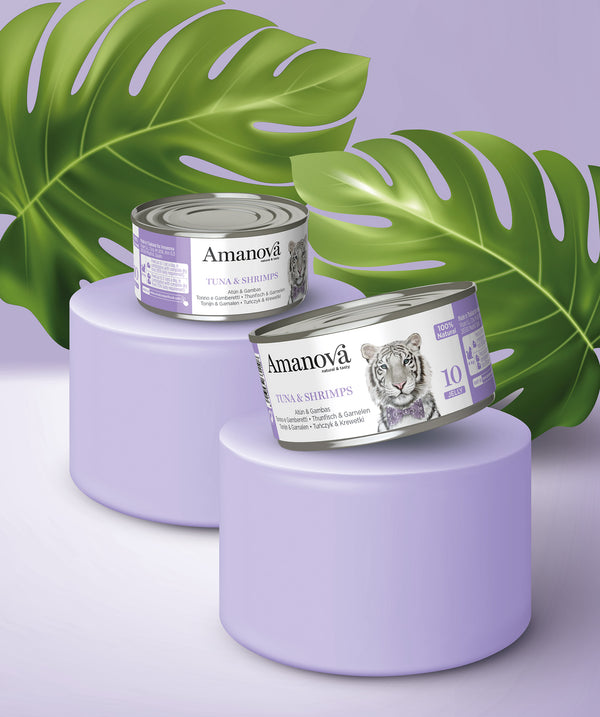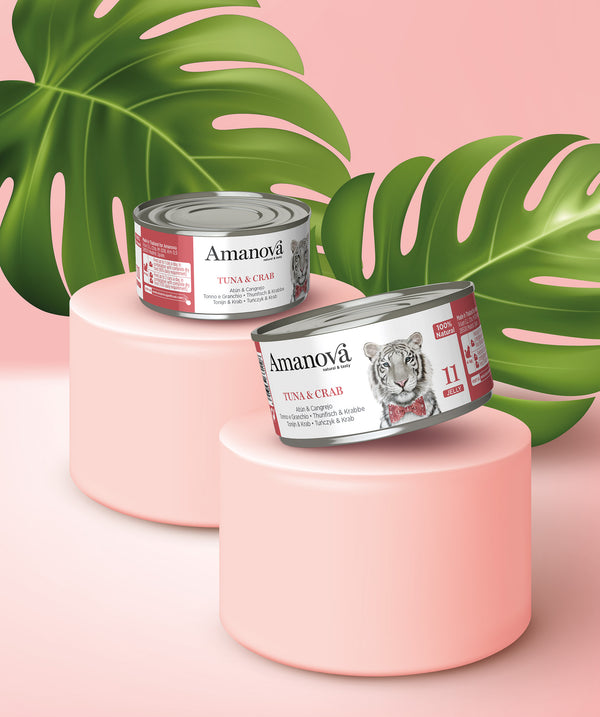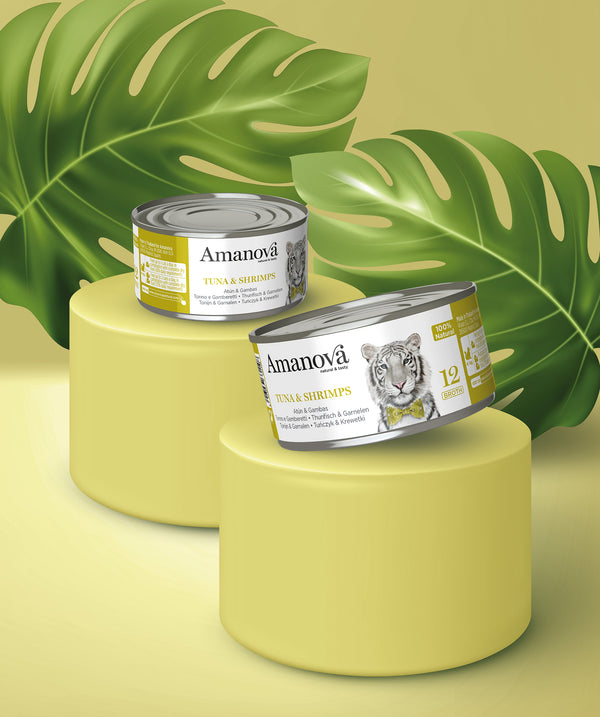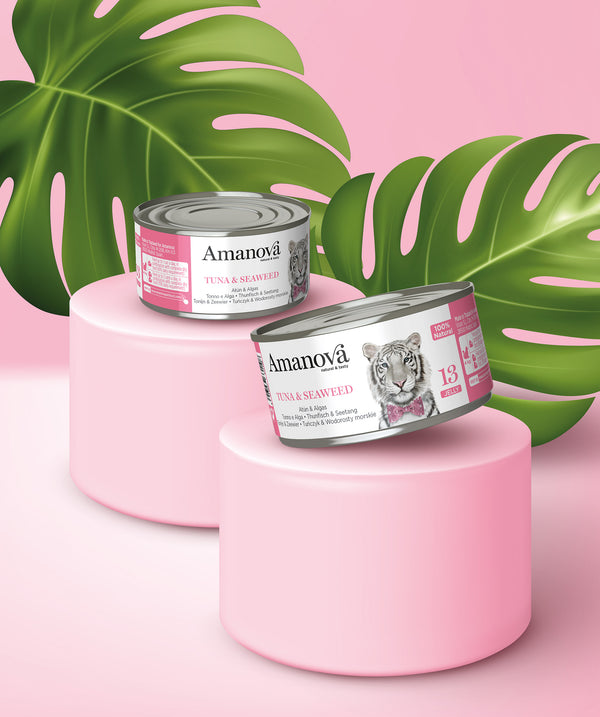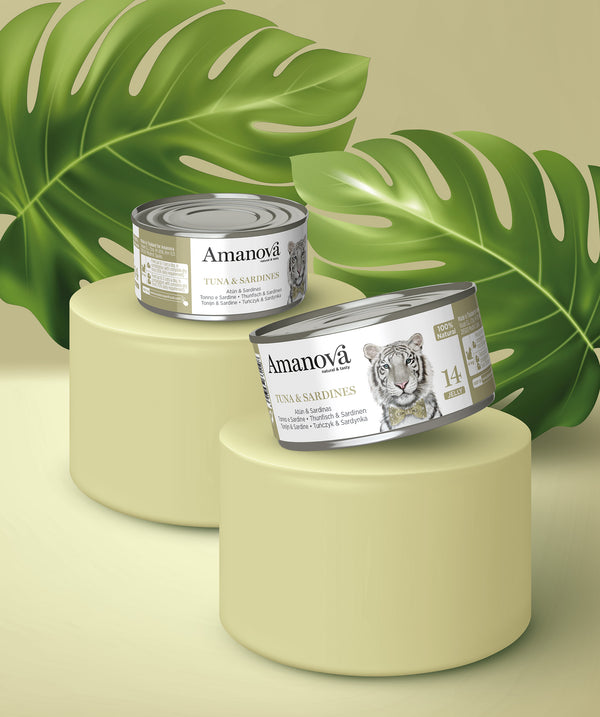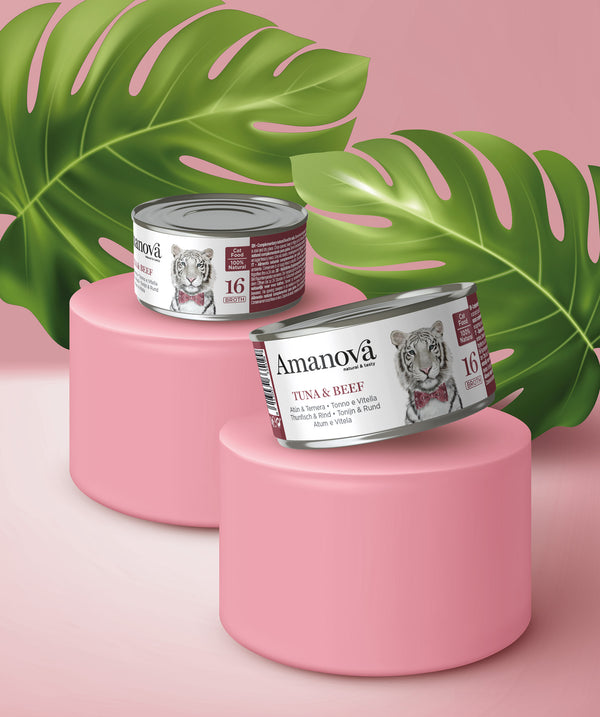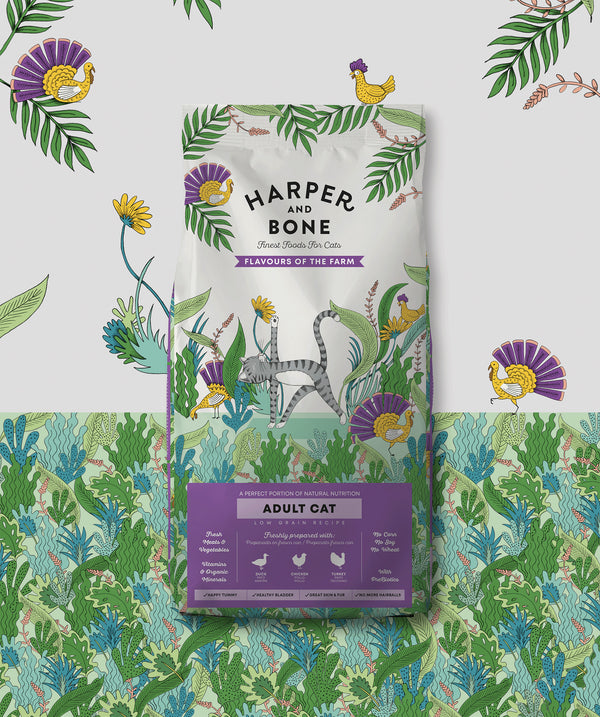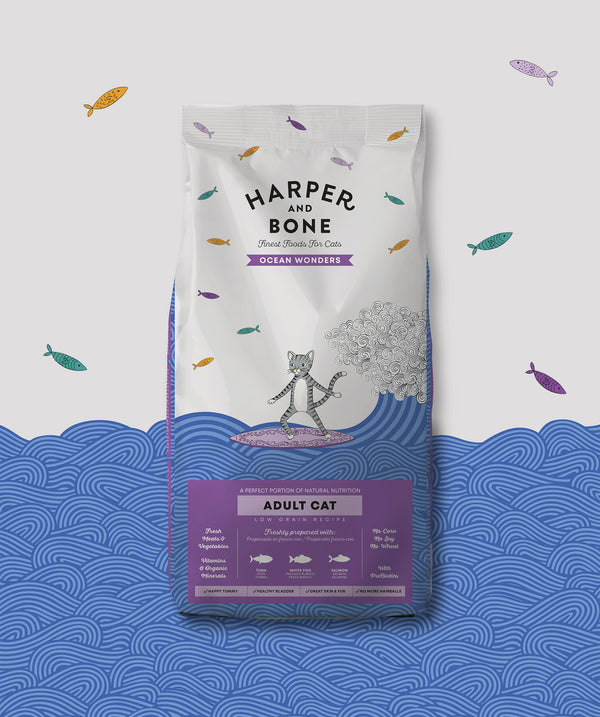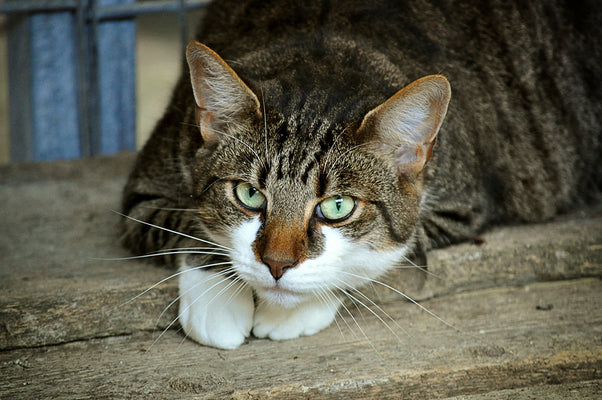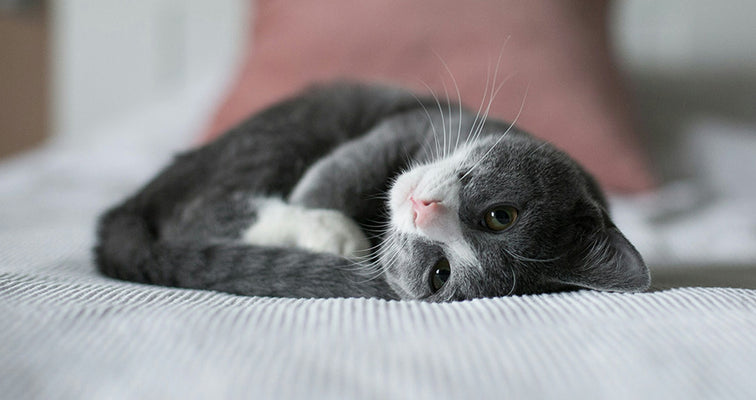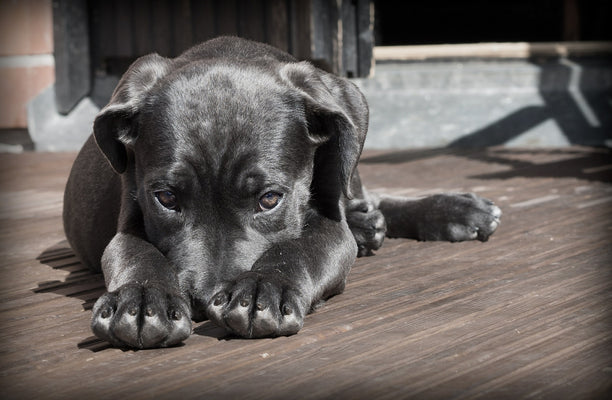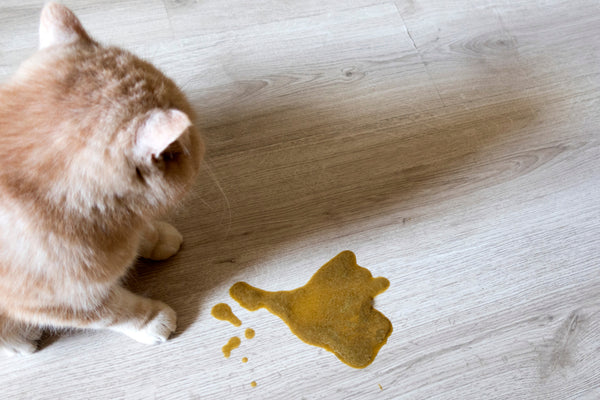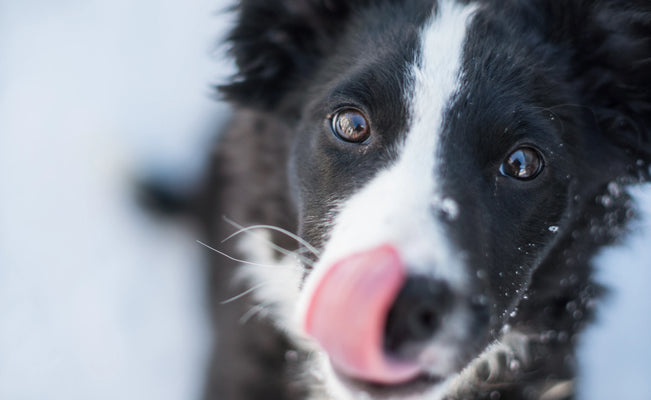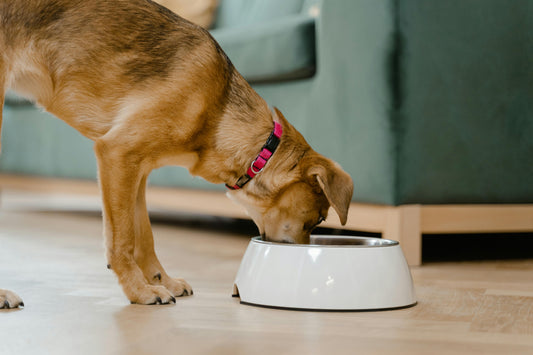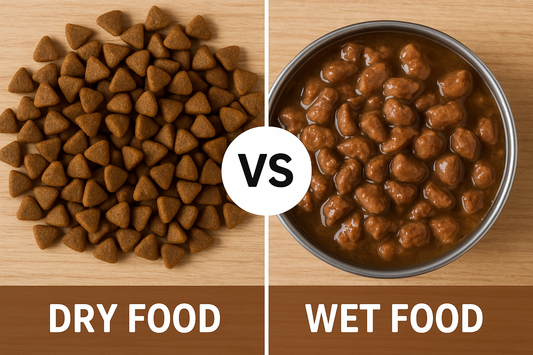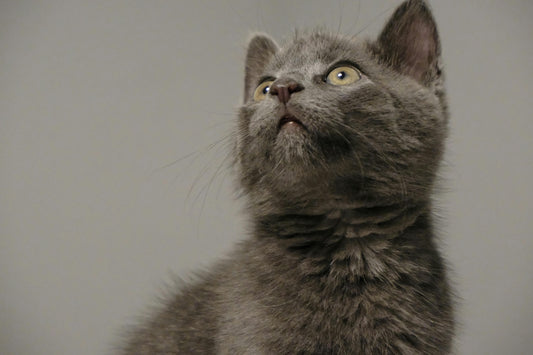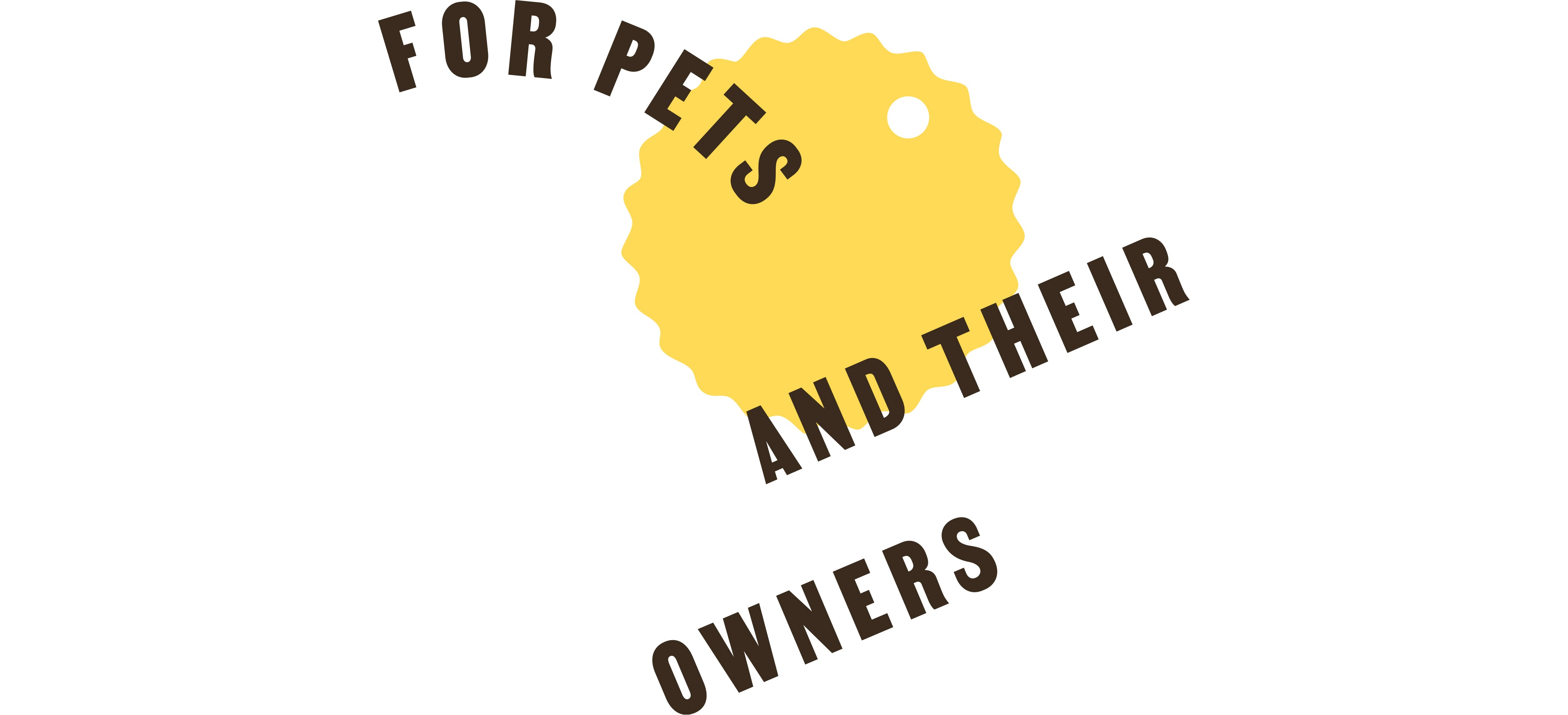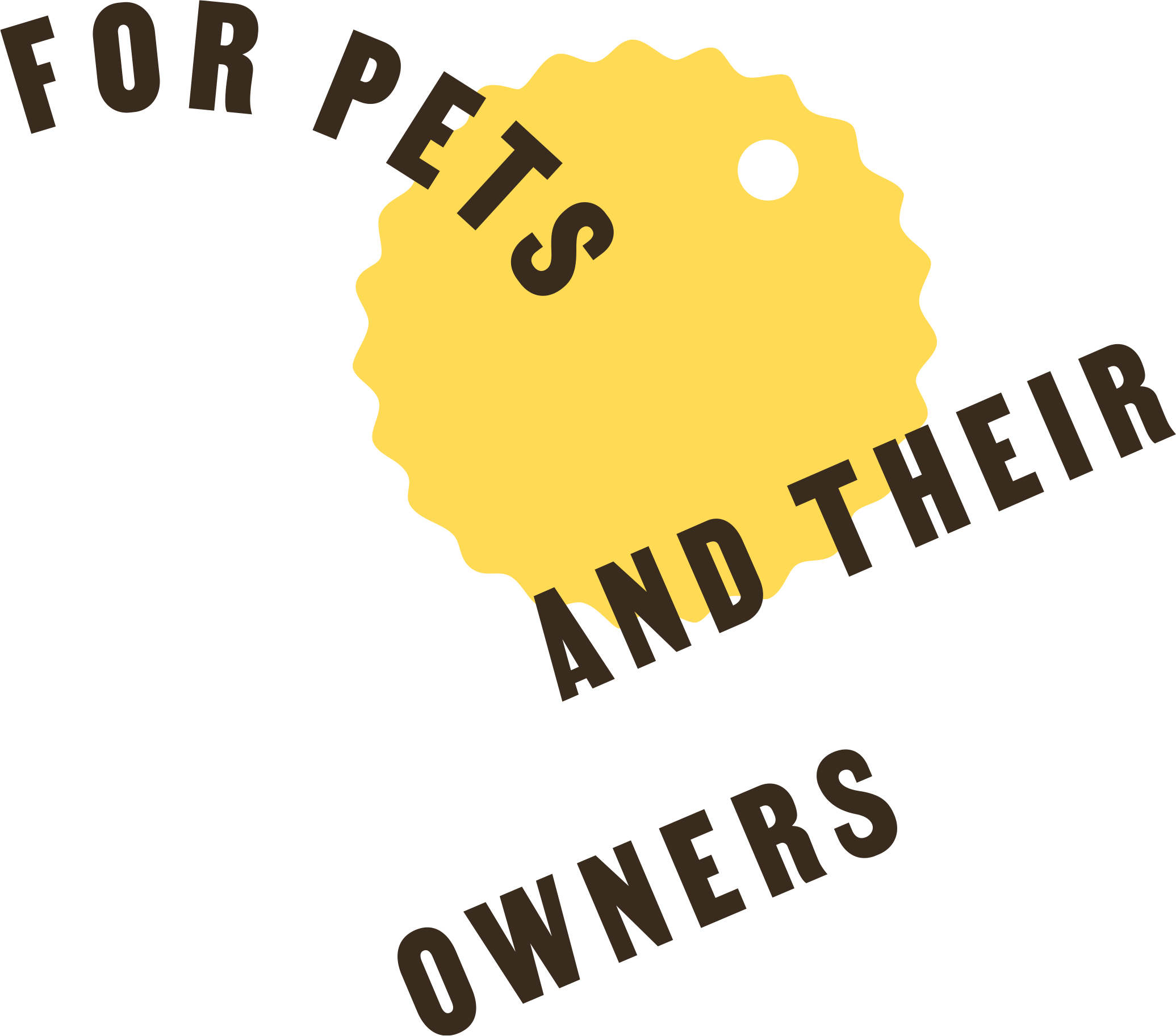In our imagination it is common to associate cats with milk, since our feline friends’ fondness for this food has been illustrated in countless children’s stories and movies. But is milk good for cats? Does it form part of a healthy diet? In this article we explain why milk should not be a regular food in your pet’s diet. In addition, we help you detect whether your cat is allergic or intolerant to this food.
Why is milk not good for adult cats?
During the nursing period, kittens can drink milk because their body produces the lactase enzyme. Lactase allows the little ones’ bodies to digest the lactose in their mother’s milk and thus ensure healthy growth. Later, when kittens switch to solid food, their metabolism gradually reduces the production of this enzyme. As a result, lactose digestion is no longer optimal. Therefore, the answer to whether milk is good for adult cats is negative. That is, milk is not beneficial, nor are other dairy products. Furthermore, you should keep in mind that:
- Milk allergy and intolerance are common problems among felines.
- Adult cats do not need to drink milk, since the nutrients it provides can be obtained through a balanced diet.
- Milk is high in calories and therefore its consumption can increase the risk of your feline friend becoming overweight.
And as a treat?
However, if your cat is not allergic or intolerant to lactose, you can occasionally offer dairy products as a treat. Occasionally, you can give your whiskered friend a little milk or let them lick the lid of natural yogurt. Keep in mind that products containing sugar, sweeteners or flavors are not recommended. And above all, remember that milk should never be the basis of their diet, nor replace the daily water intake they need to stay hydrated.
However, if you want to look after your cat’s health, we recommend the supplement Balance Vitamin & Mineral Support from TrovetPlus. A hypoallergenic product with excellent intestinal absorption that complements your feline friend’s diet with vitamins and minerals.
How do I know if my cat is allergic or intolerant to milk?
Unfortunately, milk intolerance and allergy are quite common problems among cats.
- Milk intolerance is due to the fact that, after the nursing period, the reduction of lactase enzymes is more pronounced in some felines than in others. Thus, when a feline does not have enough enzymes to break down lactose molecules, its body responds adversely.
- Milk allergy is an immune system response to one or more allergens in the food, usually proteins. When the animal’s body comes into contact with an allergen for the first time, it perceives it as a threat, even though it is not. As a consequence, the body generates antibodies. Later, with subsequent ingestions, the antibodies react and allergy symptoms appear.
What are the main symptoms?
Gastrointestinal problems, especially vomiting, are the main sign of a possible milk intolerance or allergy. Sometimes, dermatological problems such as redness or intense itching of the skin may also appear.
Normally, the body’s reactions to milk consumption occur just minutes after the cat has ingested the food. However, sometimes symptoms may develop hours or even days later. If you think your feline friend may be suffering from any of these problems, do not hesitate to go to your veterinarian immediately.
Consult a veterinarian
Although, in general, milk can be fine for cats as an occasional treat, you should go to a professional so that they can assess your cat’s health and propose an appropriate diet. Your veterinarian will know all your pet’s specific needs and will be able to provide the right solutions. Therefore, we recommend sharing all diet-related questions with a professional to guarantee your beloved pet’s health and well-being.
